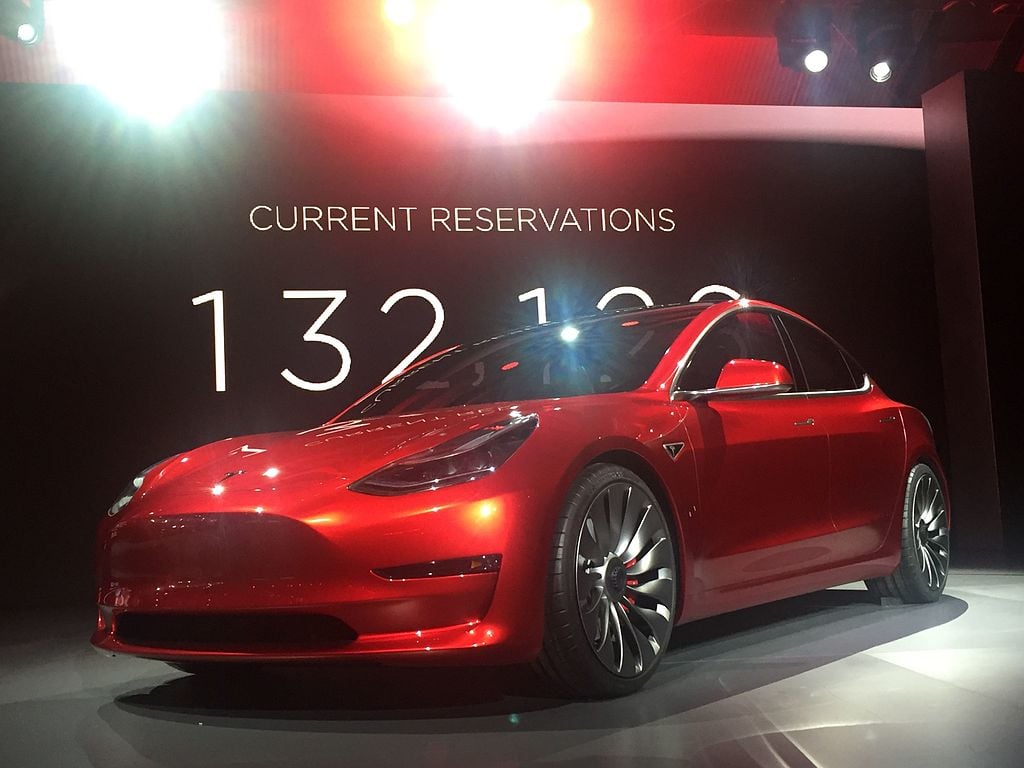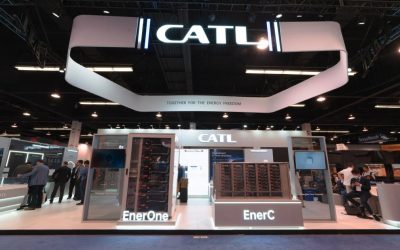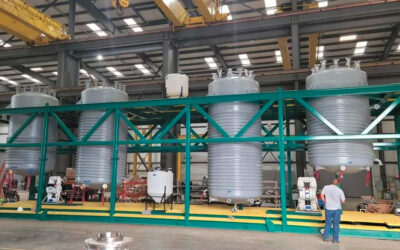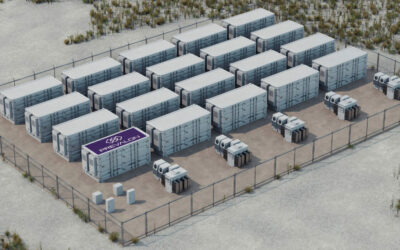
Redwood Materials CEO and former Tesla CTO JB Straubel has told a US Senate hearing that his company already receives approximately 6GWh of end-of-life lithium-ion batteries for recycling annually.
Straubel founded Redwood materials in 2017 after leaving Tesla, having led the automaker through battery cell design, supply chain development, designing and scaling the company’s first gigafactory and ramping up production of its first ‘affordable’ EV, the Model 3.
Enjoy 12 months of exclusive analysis
- Regular insight and analysis of the industry’s biggest developments
- In-depth interviews with the industry’s leading figures
- Annual digital subscription to the PV Tech Power journal
- Discounts on Solar Media’s portfolio of events, in-person and virtual
Or continue reading this article for free
In July last year, Redwood announced that it had attracted more than US$700 million in investment to scale up its operations, including facilities close to the Tesla-Panasonic gigafactory in Nevada.
Speaking yesterday at a hearing of the Senate Committee on Energy and Natural Resources, which discussed the scope and scale of critical mineral demand and recycling, Straubel said that Redwood’s aim is to develop a closed-loop domestic supply chain for lithium-ion battery materials.
Collecting end-of-life lithium batteries, as well as manufacturing scrap, from everything from consumer electronics and EVs to stationary energy storage systems (ESS), Redwood refines and remanufactures cathode active materials and battery copper foils for anodes.
These two components alone make up about 65% of the cost of a battery.
Longer term, the company wants to be able to offer “large-scale domestic sources” of anode and cathode components, produced with recycled materials, but augmented with mined materials that should be extracted sustainably, Straubel said.
The sheer scale of rising demand for batteries, for transport and for the energy sector, means that it would be impossible to meet it using only recycled materials, but a combination of locally sourced recycled and raw materials could help the US meet electrification and clean energy goals, the CEO said.
‘Vital to our energy and national security’
The hearing was being held as part of the US’ ongoing push to address vulnerabilities in the country’s supply chain for critical minerals, which has been a stated objective of the government even during the Trump presidency, but has been dramatically stepped up under Joe Biden.
Committee chairman, Senator Joe Manchin said as the hearing opened that “accelerating production and establishing secure and dependable supply chains is vital to our energy and national security”.
Manchin referred to recent actions taken by the government including Biden’s invocation of the Defense Production Act last week and the passing earlier this year of the Bipartisan Infrastructure Law, which committed funding to manufacturing and recycling capabilities.
“While these actions are a crucial step forward, more action is going to be necessary to get supply chains – including mining, processing, manufacturing, and more – where they need to be domestically to keep up with the growing demand for these critical minerals instead of increasing our reliance on China,” Manchin said, adding that while government intervention and support are necessary, the private sector needs to take the lead on “securing reliable and ethically-sourced supplies for the materials that make up their products”.
The West Virginia senator – currently best known in clean energy circles for his ongoing resistance to passing the Build Back Better legislation that has otherwise received similar bipartisan backing and includes tax provisions to incentivise energy storage – recently welcomed the announcement of a West Virginia gigafactory which will manufacture batteries for applications including stationary energy storage.
Redwood meanwhile is targeting the manufacture of around 100GWh of battery copper foil and active cathode materials by 2025 and ramp that up fives times over to 500GWh by 2030.
The company is already receiving the majority of lithium-ion batteries collected and recycled in North America, and that amounts to approximately 6GWh of end-of-life lithium batteries, plus scrap, and a 95% average rate of recovery of materials like nickel, cobalt, lithium and copper is claimed by its technologies and processes.
Economic and sustainability advantages to recycling
Another recycling company which claims a high rate of recycling is possible through methods it has developed is Canada-headquartered Li-Cycle.
Being able to recycle and process nickel, cobalt and lithium all in one place to produce battery grade materials means that procurement becomes simplified for customers, while recycled materials can be competitive on costs with new, Li-Cycle chief commercial officer Kunal Phalpher told Energy-Storage.news in an interview.
“Because we produce lithium, nickel, cobalt, all at battery grade in one facility and our feedstock’s very different than what you’ll find in the ground, the cost is distributed amongst those three raw materials — so you can really get towards the bottom of the cost curve on all those materials,” Phalpher said.
In terms of sustainability, recycling also means less water consumption and fewer greenhouse gas (GHG) emissions versus primary production and extraction, per tonne of materials produced, he said.
Li-Cycle has facilities in Canada and New York State already in operation and is planning more in West Coast and southern US regions as well as in Europe. Like Redwood Materials and Ascend Elements, which is opening North America’s largest single-site recycling facility near EV battery manufacturing hubs in Georgia, Li-Cycle wants to get in on the recycling value chain as early as possible.
While Redwood’s 6GWh of batteries received per year sounds like a lot — and it is — it’ll be closer to 2030, when more EVs and ESS units come to the end of their expected life in the field, that the recycling opportunity will scale massively, while demand for end products will also rise steeply.
For now, much of the recycling sector’s feedstock comes from manufacturing scrap, but this will clearly change over time, Li-Cycle’s Kunal Phalpher said.
Having previously said that ESS will be an important segment as both a supply and a demand source for recycled batteries, Phalpher told Energy-Storage.news that a large ESS with several megawatt-hours of storage can equate to 200 or 300 tonnes of batteries.





